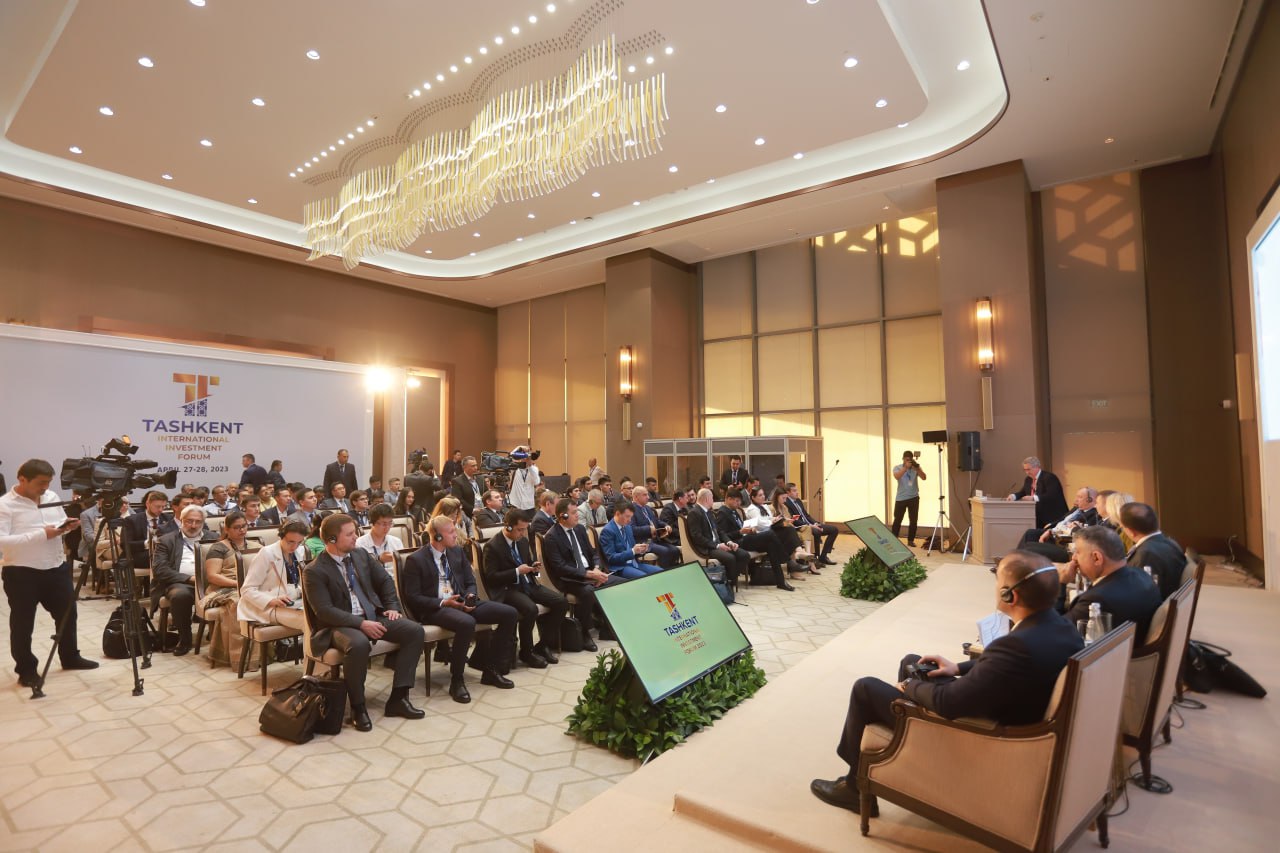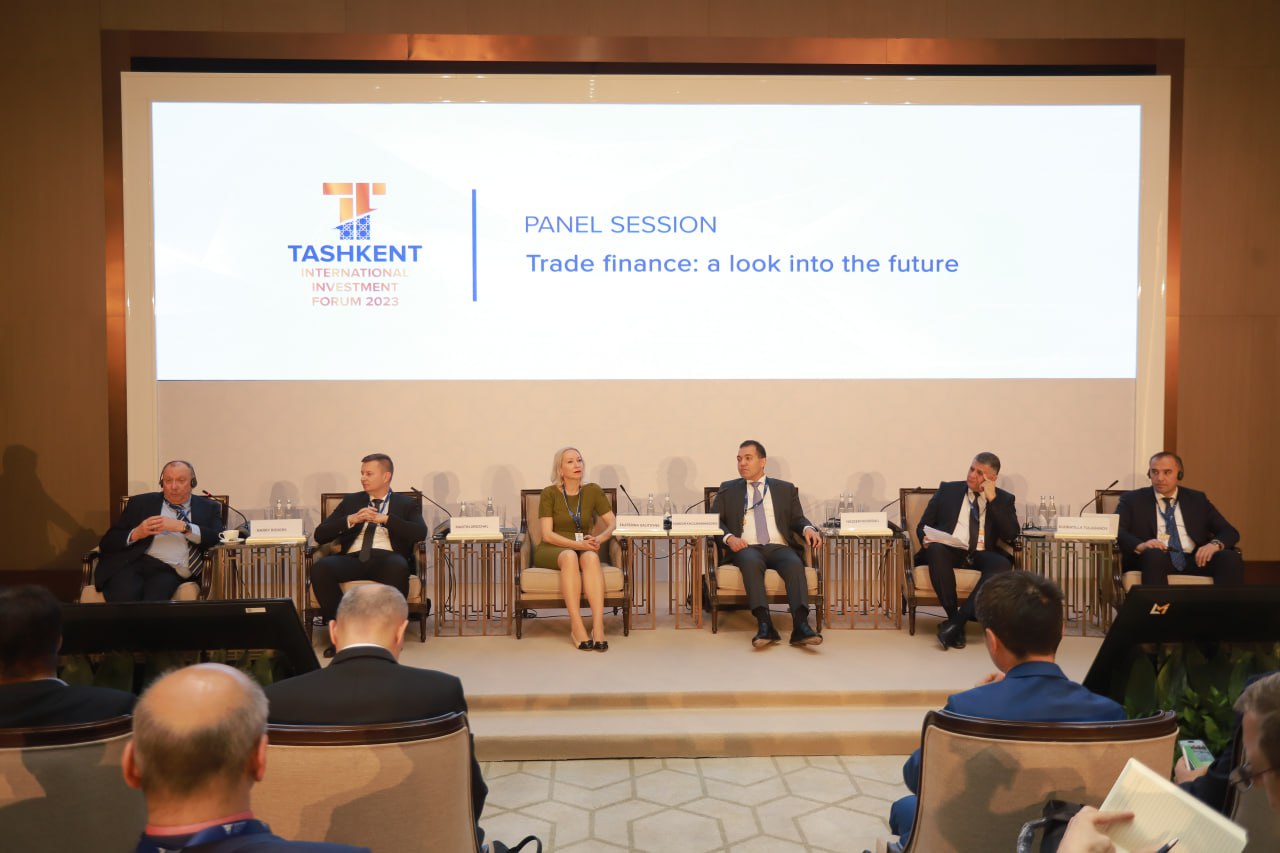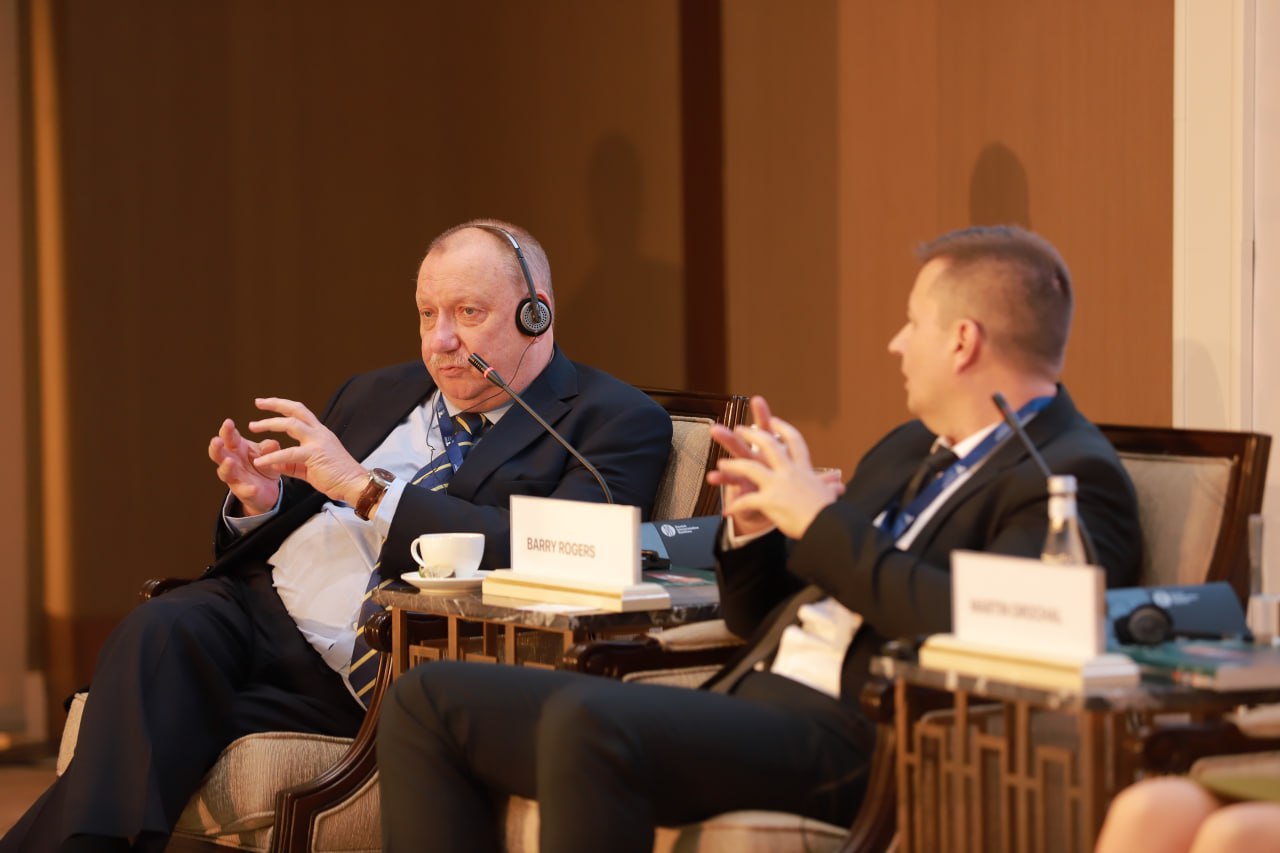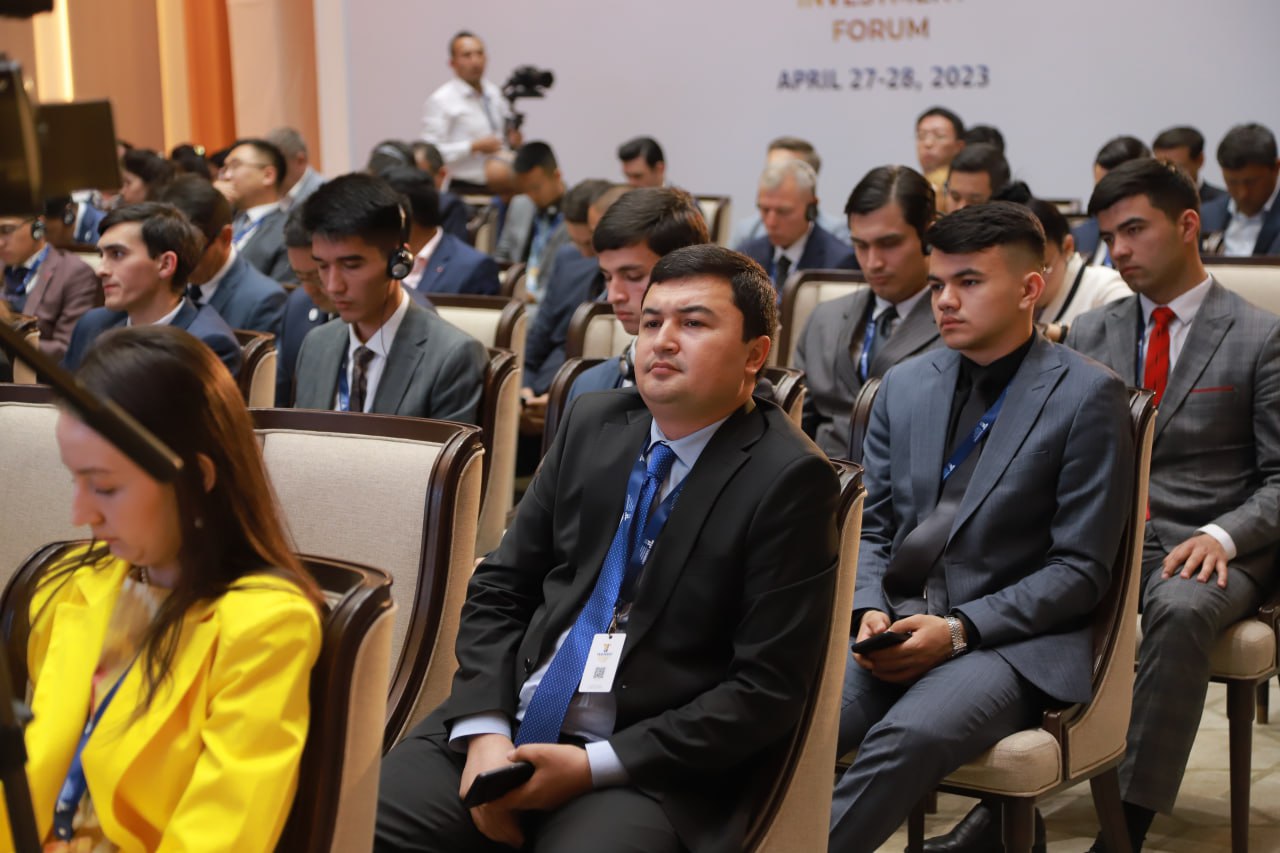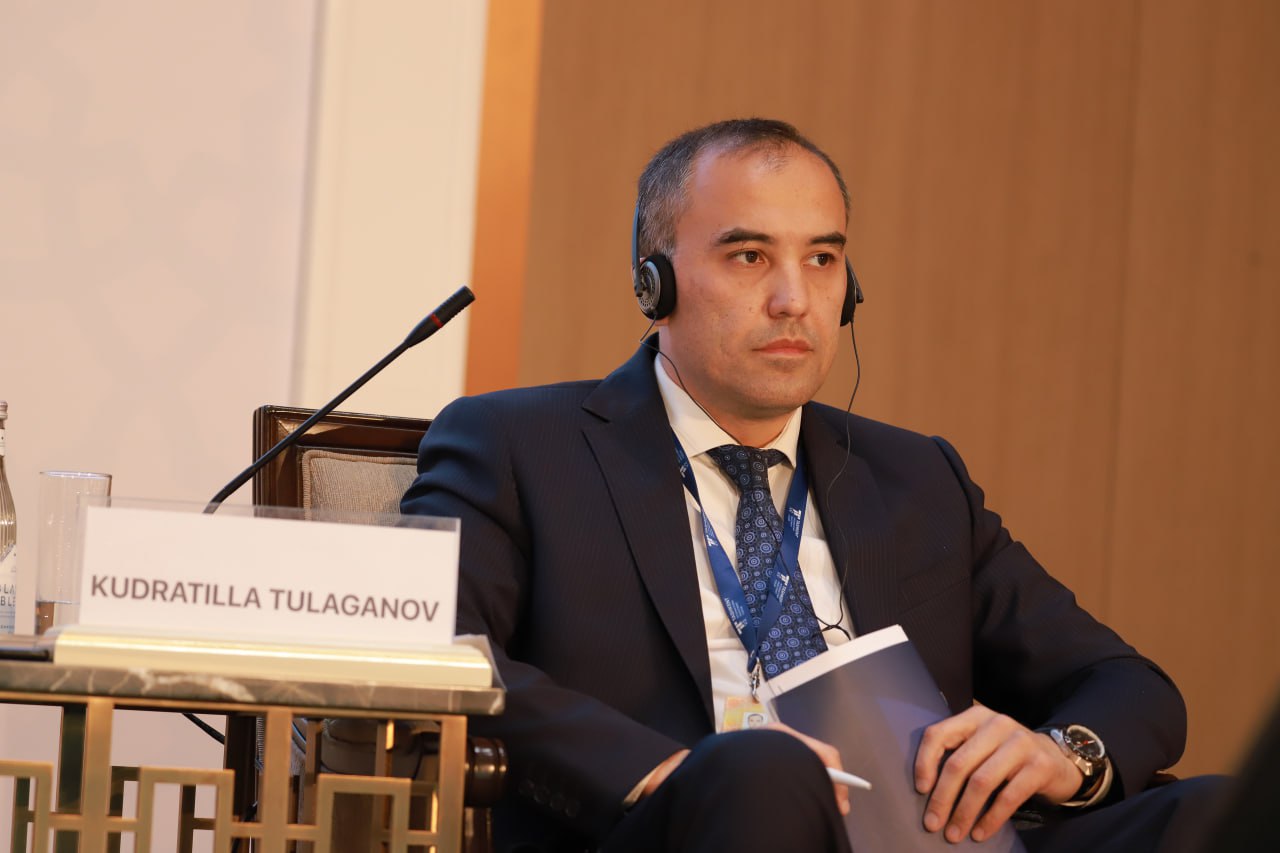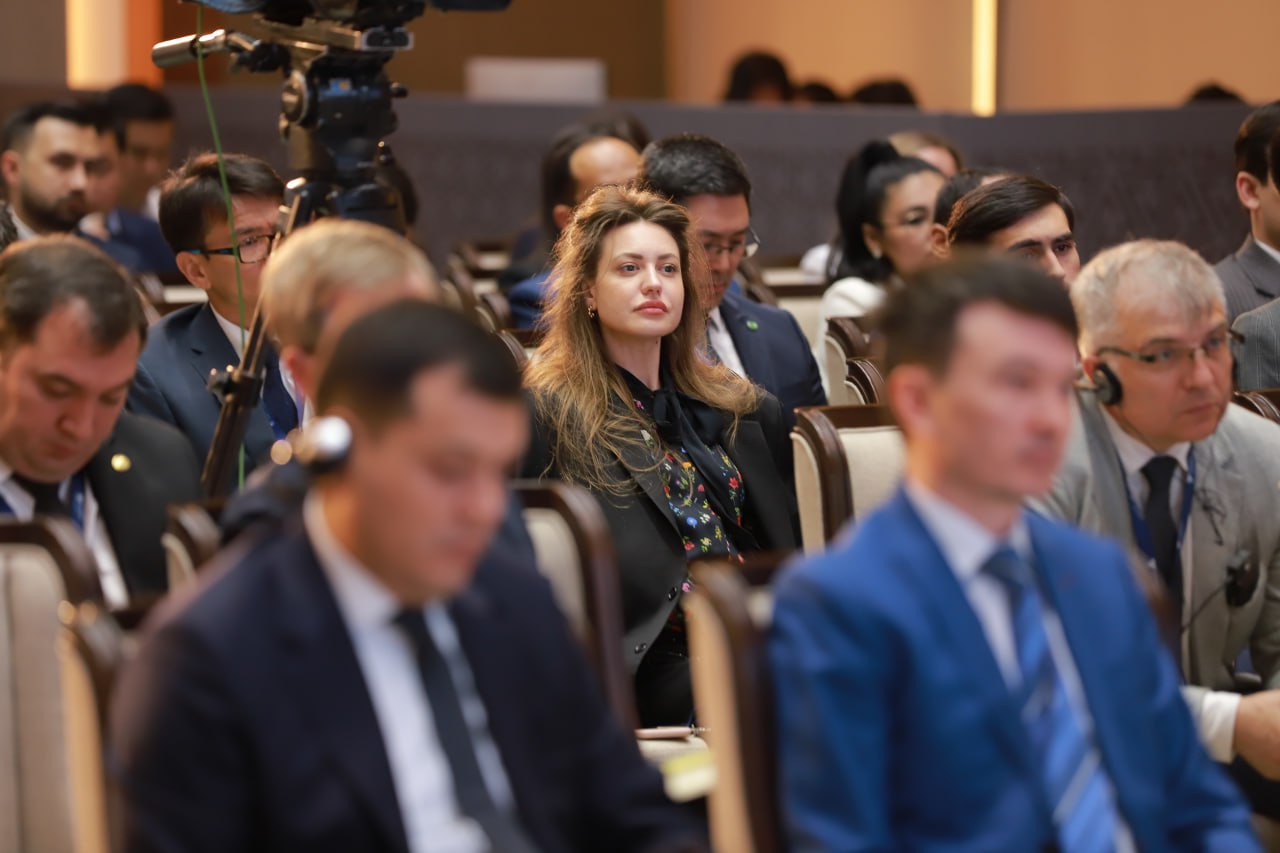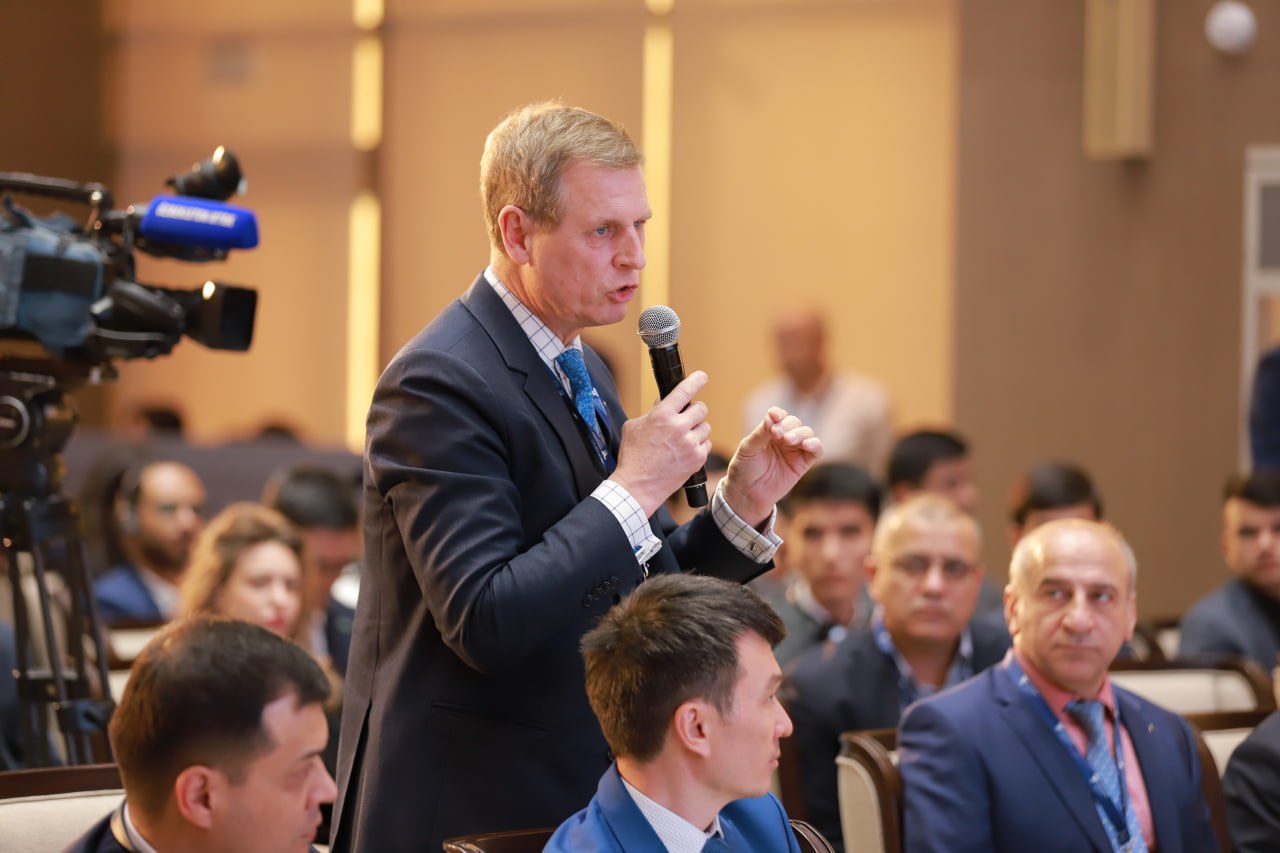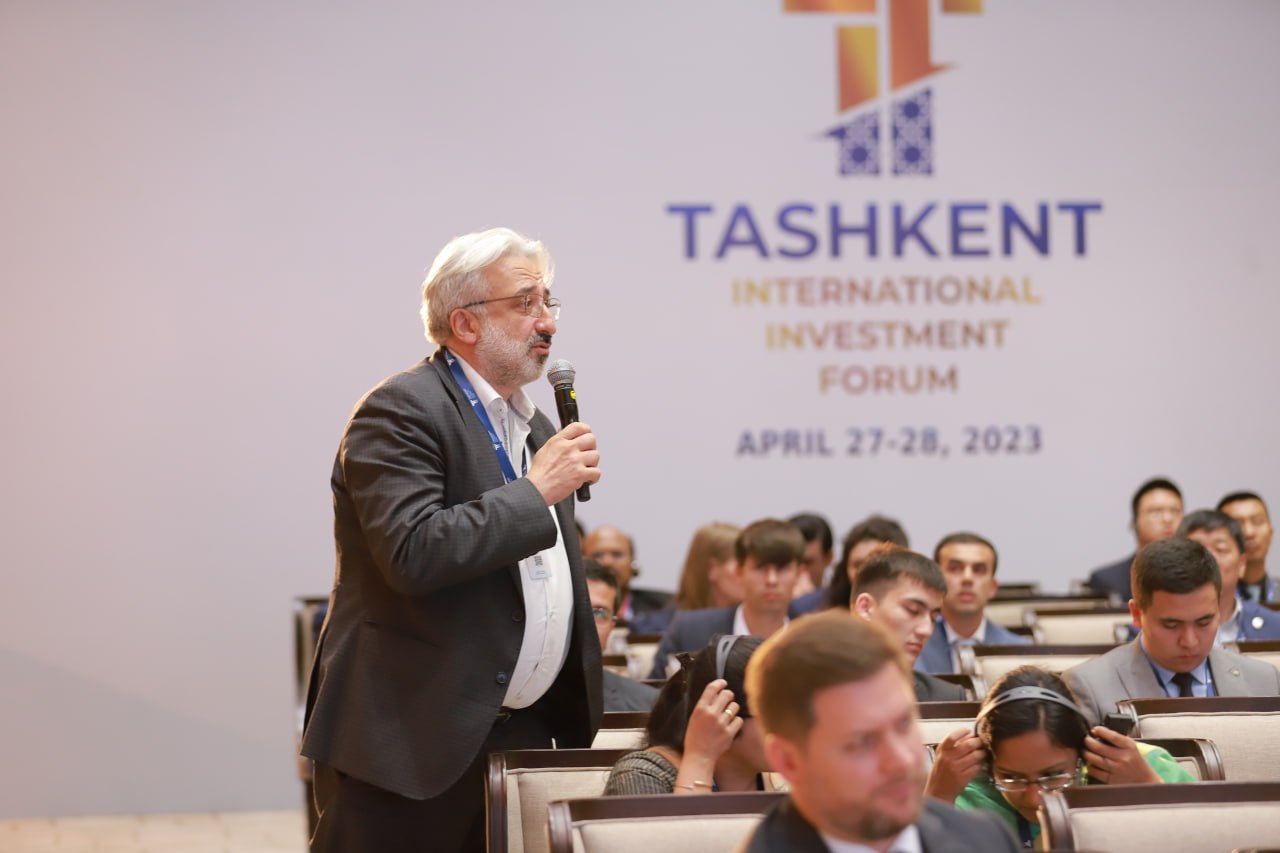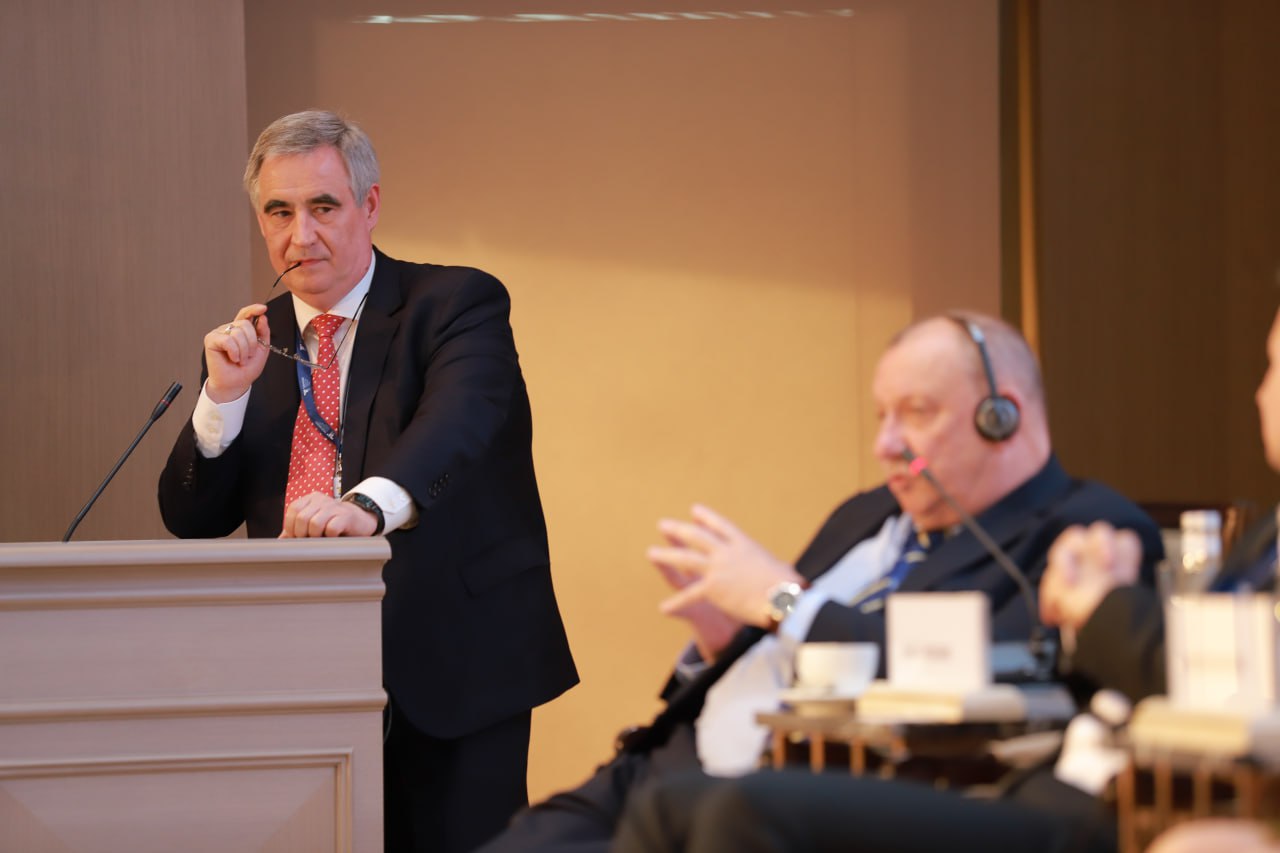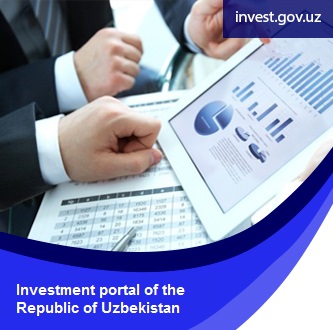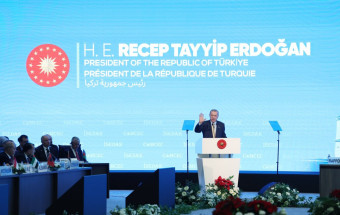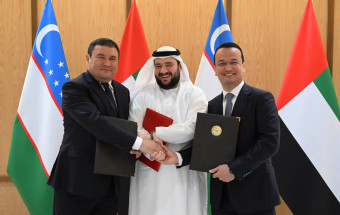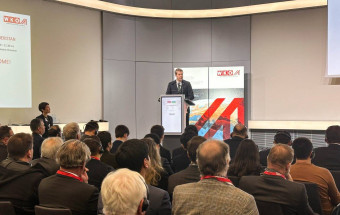The Tashkent International Investment Forum hosted a panel session on "Trade Finance: a look into the future".
The session participants discussed a range of issues. In particular, it was noted that despite the positive dynamics of the world system of trade finance, the complexity of the process of obtaining their tools, including various requirements and procedures of banks, insurance, and export credit agencies, dramatically limits the ability of businesses to use external sources of finance. In particular, trade finance currently supports around 80-90% of global trade flows. Nevertheless, there are approximately $1.7 trillion in unsecured transactions, of which more than 40% are small and medium-sized businesses.
Sergey Stanovkin, Head BBC World News commercial representatives in Eurasia, moderated the session.
Barry Rogers, founder, and CEO of Convenient Capital, opened the session. In his speech, he noted that Uzbekistan is one of the most interesting emerging markets in the world, as the Uzbek government provides great opportunities for business development in Uzbekistan, particularly in tax and customs administration. Moreover, he emphasized that this is not the case even in the UK. The speaker also mentioned the opportunities offered by alternative sources of financing and discussed one of the issues as fraud. The best solution to this problem, in his opinion, is digitalization. And without its development, the future of trade finance is impossible.
Continuing the theme of trade finance, Martin Grochal, Trade Head for Czech and Slovakia, Treasury and Trade Solutions, said that these days the cost of raw materials continues to increase, so there is a need to consider different alternatives for business development, such as loans, subsidies or extended delivery times. Speaking about Uzbekistan in particular, the speaker stressed that our country has great potential.
"Uzbekistan is a country with huge potential in the market. Many experts who analyze the Uzbek market point this out. They all see the developed ecosystem, the availability of credit, and the advantages for entrepreneurs. The availability of financing is one of the essential parts of business support, which is very important," the speaker emphasized.
Sardor Kholmakhmadov, Executive Director of Structured Trade and Export Finance, also shared his experience. In particular, he noted that many German companies are interested in cooperation with Uzbekistan and are willing to provide support.
In the opinion of the Head of the CIS Region, KfW IPEX-Bank GmbH Ekaterina Galitsyna, Uzbekistan has an excellent opportunity to attract financing sources.And this is a great opportunity to develop Uzbekistan's financial system in different directions.
Chief Operating Officer of the Islamic Trade and Finance Organization Nazeem Noordali said the market changes yearly. The main catalyst for the market change was the coronavirus pandemic. At the same time, the changes appearing every day are not the same as the previous ones, so new challenges need to be addressed here and now.
Kudratilla Tulaganov, Chairman of the Board of Asaka Bank, in closing the session, noted that over the past few years, business has been growing in Uzbekistan, reforms have been implemented in all spheres, and the need for financing has been growing as well.
On this basis, speakers gave answers to such urgent questions as: what should governments and international organizations do to expand access of business entities to trade finance, what prevents the development of trade finance in Central Asia, what modern tools are more effective in conditions of large-scale economic reforms in Uzbekistan.


